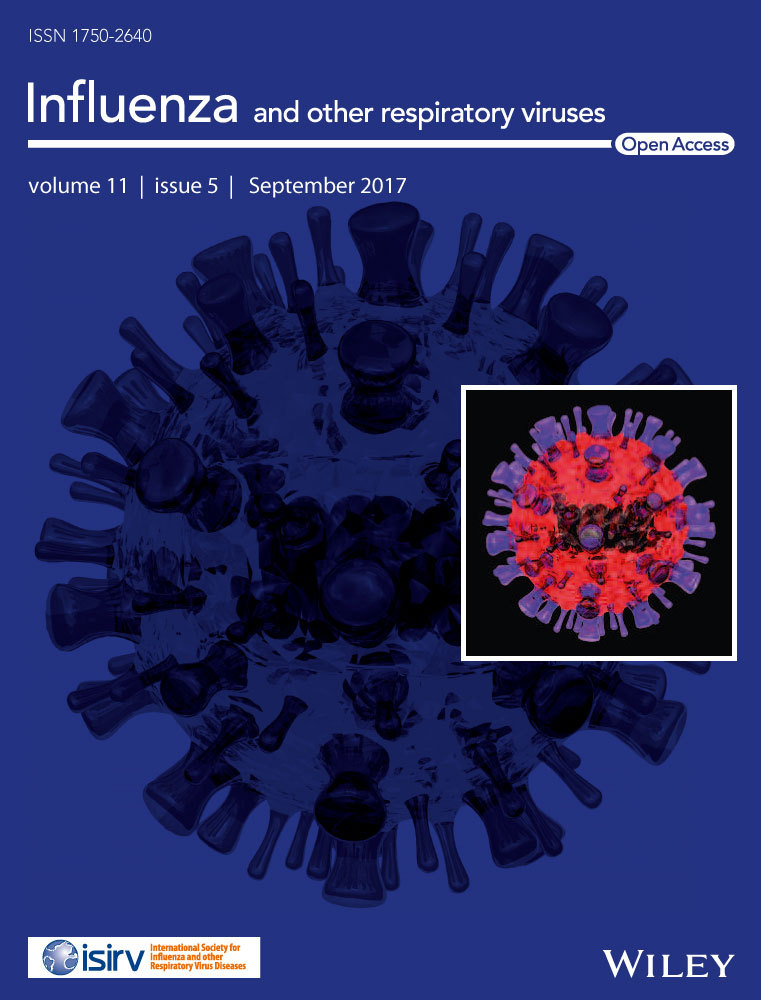The acceptability and validity of self-collected nasal swabs for detection of influenza virus infection among older adults in Thailand
Funding Information
This study was fully funded by the U.S. Centers for Disease Control and Prevention, Atlanta, Georgia.
Abstract
Background
Self-collection of nasal swabs could improve the timeliness of influenza virus detection in older adults.
Objectives
Measure the acceptability, adequacy, timeliness, and validity of self-collected nasal swabs among adults >65 years in Thailand.
Methods
Our evaluation consisted of two parts: a one-month study among randomly selected, community-dwelling older adults to simulate community-based surveillance for acute respiratory infections (ARI); and a clinic study of older adults with ARI to evaluate the sensitivity and specificity of self-collected nasal swabs for influenza virus infection compared with healthcare worker (HCW)-collected nasal and nasopharyngeal swabs.
Results
In the community study, 24% of participants experienced an ARI during the observation period. All (100%) participants with an ARI self-collected nasal swabs within 72 hours of symptom onset of which 92% were considered adequate samples. In the clinic study, 45% of patients with ARI presented within 72 hours of symptom onset. The sensitivity of self-collected nasal swabs for detection of influenza virus infection was 78% (95% CI 40-97) compared to nasopharyngeal and 88% (95% CI 47-100) compared to nasal swabs collected by HCWs. Specificity was 100% (95% CI 97-100) compared to both methods. Self-collection of nasal swabs was found acceptable by 99% of participants in both studies.
Conclusions
Self-collection of nasal swabs was acceptable to older adults in Thailand who were able to take adequate samples. Self-collection of nasal swabs may improve the timeliness of sample collection but lower sensitivity will need to be considered.




